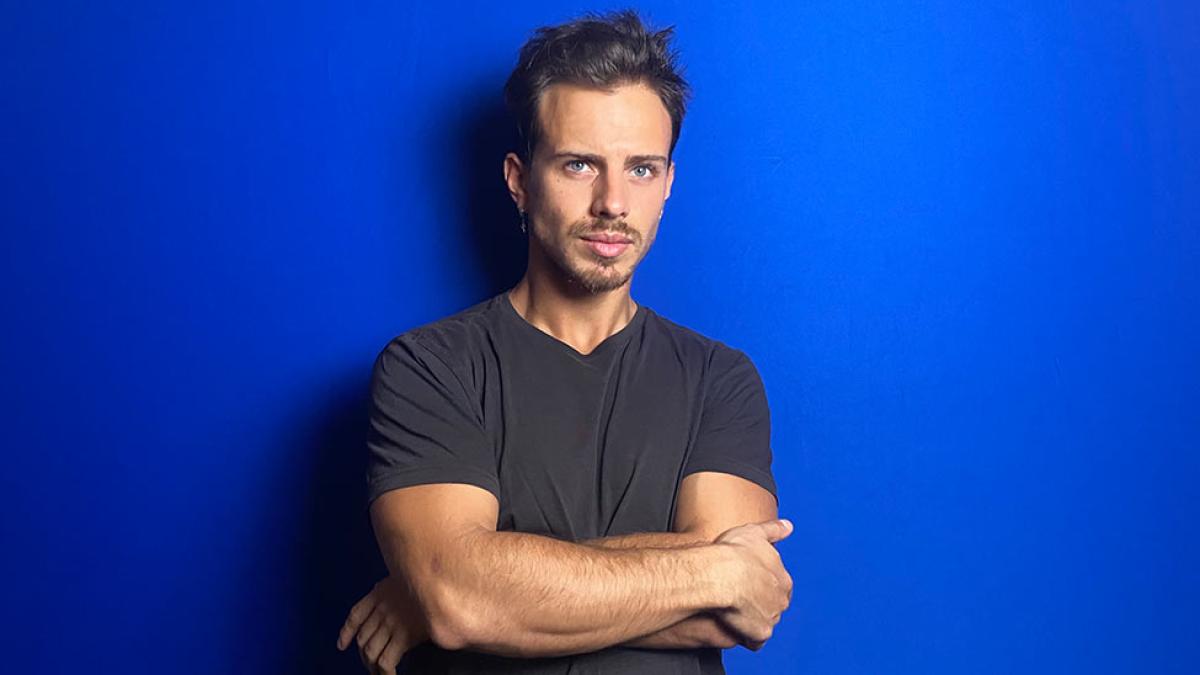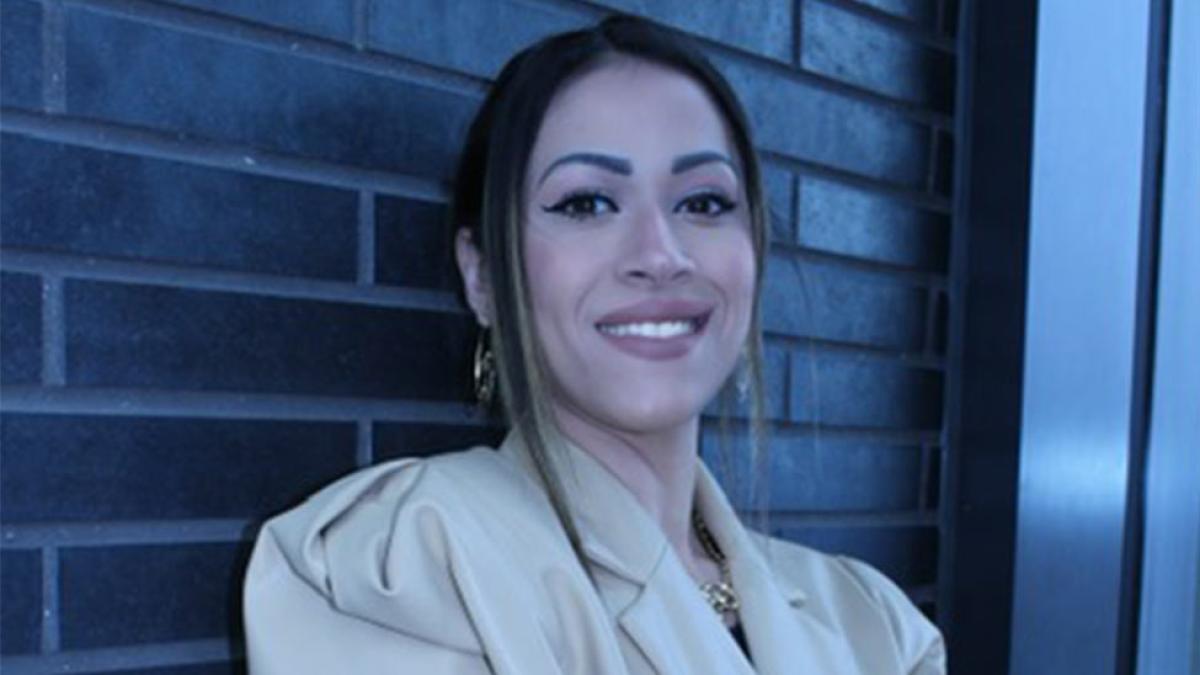
The Special Agent: Damian Salvati '87
You’ve had an impressive 30-year career as a special agent in the Office of Inspector General, US Department of Housing and Urban Development, and previously, in the US Immigration and Naturalization Service, as an immigration agent and inspector.

What are you most proud of about your career? How has your work been meaningful to you?
I am most proud of my reputation as a hard-working agent who was going to exhaust all investigative techniques, while still conducting a fair and impartial investigation. I worked with many different law enforcement agencies throughout my career, and it was the utmost compliment when a federal prosecutor or another federal agency called and wanted me to join them on a case. I had the privilege of being assigned to many high-profile, complex investigations and always working with a great team.
This type of work has been meaningful in many different ways. It was my responsibility to ensure that the billions of dollars that the federal government disbursed each year were being used correctly, as fraud, waste, and abuse are not how taxpayers want to see their money spent. Each day was different because investigations could be simple or complex, so it was challenging and exciting at the same time. My job also allowed me to create and establish excellent professional relationships within the local, state, and federal law enforcement communities, and several became friendships over the years.
You graduated with a Bachelor of Arts in Journalism* from Pace. What attracted you to pursue this course of study?
When I was growing up, I enjoyed playing sports and following the local professional sports team. I wanted to be a sportscaster because I watched countless games on television and listened to others on the radio. I wanted to attend a small institution where I would have opportunities to succeed, and Pace University was a small enough school where I could get the attention from professors that I needed to develop my craft, as well as form relationships with students who shared similar goals.
How did you get started in your career?
After a few years of struggling in the broadcast industry with jobs that were seasonal or canceled by the network, I was looking for more job security. I began taking various law enforcement exams and, in 1991, was fortunate to get hired by the Immigration and Naturalization Service, where I worked for almost six years. I then wanted to pursue investigative work and spent another six years in Chicago working on a drug task force, furthering the US Department of Housing and Urban Development, Office of Inspector General’s mission of Operation Safe Home. As my wife and I wanted to move back to the east coast to be closer to family, I next accepted an opportunity to transfer to our Newark, New Jersey office. There, I worked on white collar fraud cases, ranging from public corruption and bribery to wire fraud and mail fraud, until I retired from government in 2021. Today, I am a compliance investigator at Rutgers University, with the same work ethic and drive as when I was a special agent.
How has a degree in journalism prepared you for your career, and do you have any thoughts on the importance of a liberal arts education?
My degree in journalism has played a significant role in my law enforcement career because, in this profession, you must document everything that you do. I authored countless memoranda of interviews, summaries of investigations, reports of investigations, and more, which were viewed by my supervisors, federal prosecutors, district judges, other law enforcement agencies, and defense attorneys. I received countless compliments on how well the reports were written, and others were never surprised when I told them I had a journalism degree. I was confident in writing those reports because of my education.
College is a significant time in a person’s life. A first-generation college student, were certain Dyson faculty or other members of the Pace community instrumental in your personal and/or professional journey? How did your time as a Dyson student influence you to become the person you are today?
I was in several journalism classes with Professor Denis Hurley, who had an infectious personality, kept me interested in journalism, and was very attentive. I also had the honor and privilege of playing for the men’s lacrosse team under the direction of Pace University Hall of Fame Coach Dan Mulholland from 1983-1987. He was a great communicator and treated us all equally, including making sure we were succeeding in the classroom as well as on the field. He made me a better lacrosse player, a better person, and after four years without me knowing it, had prepared me for the real world.
My time as a Dyson student taught me how to study independently and work on a team to get a project done. When writing for the Prestonian (the then-campus newspaper), I was expected to meet deadlines, a good learning experience that helped me handle similar expectations in my government career.
What advice would you give to our students, as they navigate their college life?
Respect other people’s stories even if they are different from your own. College can be a stressful time, so it is important to be kind, respectful, and open minded to different ideas. Respect the diversity of the student body. Be very careful what you post on social media, as employers are looking on social media to learn more about an applicant and one bad choice could disqualify you from that position. Finally, don’t be afraid to go outside of your comfort zone and try different classes or clubs you wouldn’t normally choose. Enjoy your college life!
*this degree is now a BA in Digital Journalism.
More Alumni Stories
Uruguay native, entrepreneur, and Acting alumnus Octavio Yattah ’19 shares his love of taking on challenges and making his dreams a reality.
MS in Publishing alumna Dena Mekawi ’15, a 40 Under 40 awardee from the Arab America Foundation, uses her business consultancy to elevate underrepresented communities in media and advertising.
Bronx native and senior human resources executive Peter Fragale '88, Criminal Justice, has provided critical workforce support during the COVID-19 pandemic.


